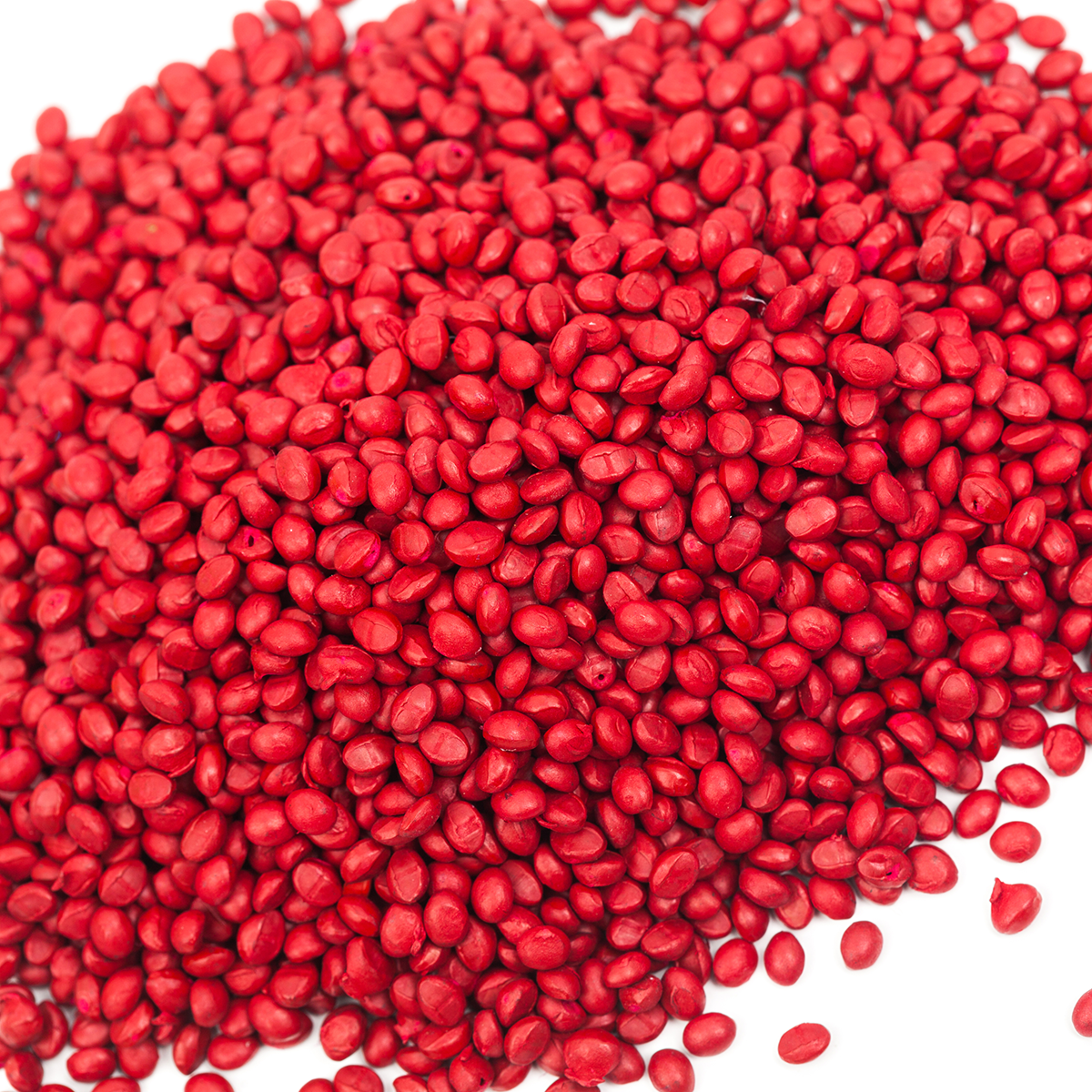Plastics are becoming increasingly important for medical device development because of their durability and the fact that they are easy to sanitize.
To ensure that the plastic material is safe and effective for medical products, polymers for medical devices are generally made of thermoplastic materials. Thermoplastic is a type of synthetic polymer that differs from others for the fact that it can be heated and reshaped multiple times without irreversible degradation.
Selecting the correct plastic for a medical device or medical component is a crucial decision in medical device manufacturing.
1. ACRYLONITRILE BUTADIENE STYRENE (ABS)
ABS is commonly used in part production and 3D-print medical device manufacturing. The characteristics that make it a good type of plastic or a replacement for metals in structural parts are: impact and heat resistance and stiffness. It can be injection-molded, blow-molded, or extruded, cast, reshaped and sterilized with gamma radiation or ethylene oxide (EtO). ABS resins are therefore very durable, aesthetic and impact-resistant, making them useful from everything from insulin pens to equipment housings.
2. POLYCARBONATE
Polycarbonate is suitable for a plastic medical device because it is resistant to high temperatures, consequently it also resists steam sanitization, which is very common in this field. Polycarbonate film has excellent clarity and can assume a variety of shapes.
It is naturally transparent and offers good UV protection. It can replace glass, which is relatively unbreakable. It is also lightweight, offers chemical-, electrical-, heat- and impact-resistance, stability and high performance.
3. POLYETHYLENE
Polyethylene is an inexpensive, versatile, durable thermoplastic that can be used for a variety of purposes. It resists impact and chemicals, and absorbs little moisture, so it is often chosen in the medical field. It doesn’t fade nor retain harmful bacteria and can withstand harsh cleaners. It is a popular material in Medical Injection molding because it is porous and biologically inert, so it does not degrade in the body.
4. POLYPROPYLENE
Polypropylene is white colored, strong and has high chemical resistance. It has a high strength-to-weight ratio and high impact resistance. It can withstand the demands of orthotics and prosthetics.
5. PETG
This thermoplastic has good quality and impact strength. It can take different shapes and meets FDA requirements so it can be in contact with food and be used in hospital and clinics’ refectories. It is also very useful in medical Device manufacturing. PETG is often used to create sterilization trays for medical and dental equipment.
6. POLYMETHYL METHACRYLATE
Polymethyl methacrylate (PMMA) is a transparent, tough, rigid synthetic resin that can almost perfectly transmit visible light. It is the perfect substitute for glass, can reflect light within its surfaces and is frequently made into optical fibers for telecommunication and endoscopy.
7. POLYVINYL CHLORIDE
Polyvinyl chloride (PVC) can take two forms, that of a rigid or unplasticized polymer (RPVC), and that of a flexible plastic. Flexible PVC is commonly used in areas where a sterile environment must be maintained and can sometimes replace rubber. The main characteristics of PVC: it is dense, inexpensive and readily available. Rigid PVC, on the other hand, being very hard, has excellent strength. PVC is commonly used in Medical Device development, especially for the production of disposable devices for hemodialysis or hemoperfusion, such as tubing, cardiac catheters, blood bags and artificial limb materials.
Do you want to produce a new medical device? Creanova can help you with plastics injection molding for medical devices not only by finding the right plastic materials for your job, but also by helping you mitigate risks by finding alternative materials and advising you on how to maintain flexibility in the technical files (e.g. DMR, LOCC file) used for your product certifications to avoid problems in case of scarcity or out of stock of the materials used for your device.
Creanova is a reliable partner for the entire medical device development process: from the earlier stages of requirements definition and feasibility study to industrial design, engineering and prototyping, up to contract medical device manufacturing (ISO 13485 certified).
We are highly experienced in complex and high-quality medical Injection molding enclosures. Through DFM, mold flow analysis, polymer definition, tooling and product validation, we anticipate any issues that may arise in the future and get your project to the desired end product in the shortest possible time.
These are just some of the reasons why medical device companies have been turning to Creanova for their medical device development and manufacturing for about 2 decades. Contact us to learn more.

